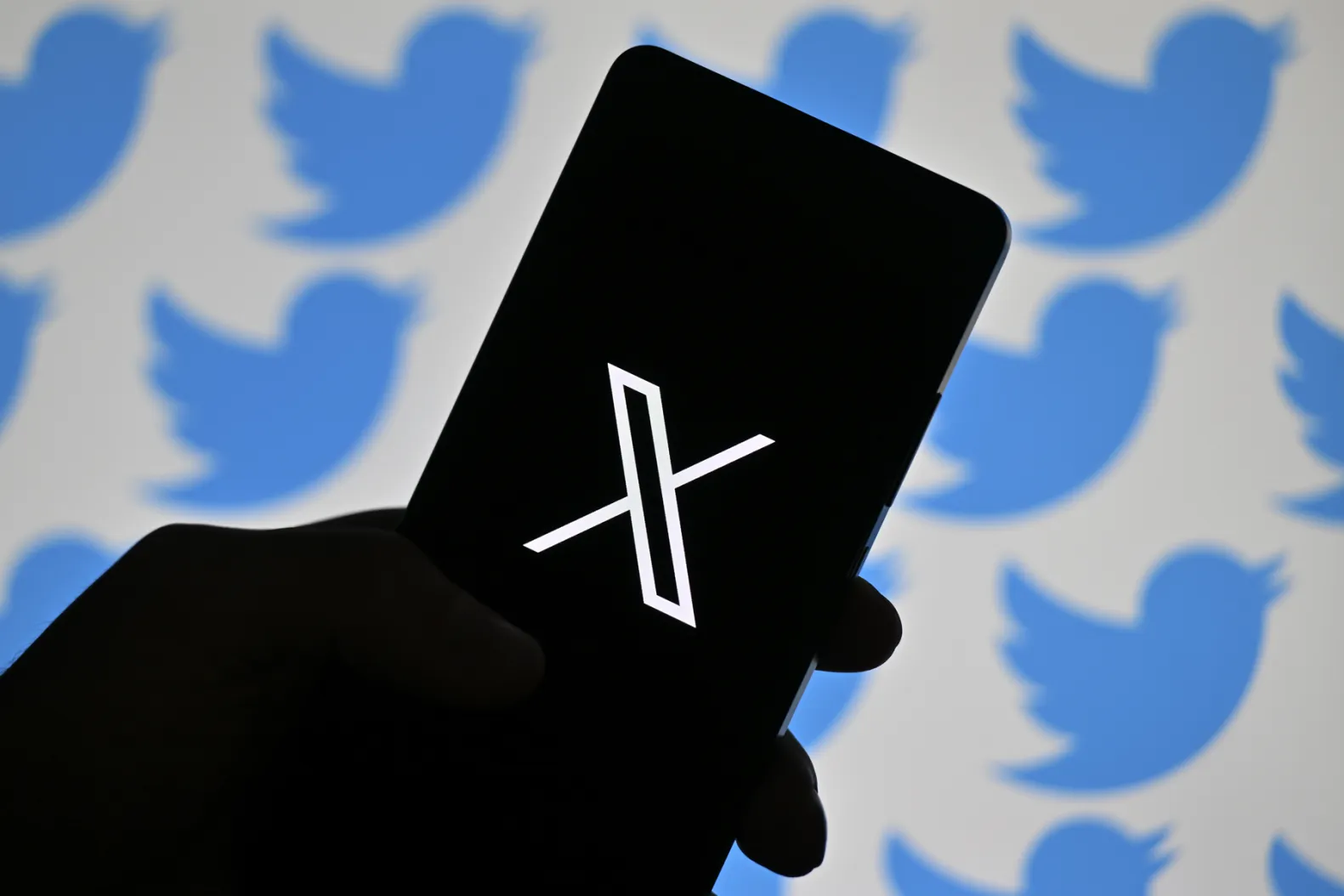X’s $250M Copyright Lawsuit: A Legal Battle with Far-reaching Implications

X’s $250M Copyright Lawsuit: A Legal Battle with Far-reaching Implications
The social media platform formerly known as Twitter, now called X, is taking a determined stance against a recent copyright infringement lawsuit. This lawsuit, brought by a consortium of 17 plaintiffs including Sony Publishing, Warner Chappell, and Universal Music Group, alleges significant copyright violations on the platform. The plaintiffs are seeking $250 million in damages, claiming that there have been “hundreds of thousands” of copyright infringements involving approximately 1,700 musical works.
However, X is not backing down easily. Its legal team has launched a robust defense, drawing on a 2005 Supreme Court ruling from MGM Studios v. Grokster. They argue that the plaintiffs have failed to demonstrate that X had any intention of promoting, encouraging, or inducing copyright infringements.
X contends that the burden of proof lies with the plaintiffs to show that X took affirmative steps to promote infringement. They emphasize the platform’s anti-infringement policies and practices, including a Digital Millennium Copyright Act (DMCA) policy, as evidence that rebuts any claims of intentional inducement of copyright violations.
In response, David Israelite, CEO of the National Music Publishers’ Association (NMPA), has criticized X’s response as evasive, characterizing it as another attempt to sidestep the issue of rampant piracy on their platform. He stated, “X’s response is par for the course – another attempt to deny the fact that they have consistently failed to stop or even slow the rampant piracy on their platform,” speaking to Music Business Worldwide.
This lawsuit underscores the ongoing debate surrounding platforms that enable users to create content and their responsibility for their users’ actions. It raises complex questions about striking a balance between enabling free speech and ensuring it does not infringe upon copyright laws. The clash between artistic freedom, technological progress, and the duty to safeguard intellectual property in the digital age is a multifaceted one. As technology and digital platforms advance, this case has the potential to establish significant legal precedents that could shape the future of social media and the use of intellectual property.

Written by: AIT

Post comments (0)